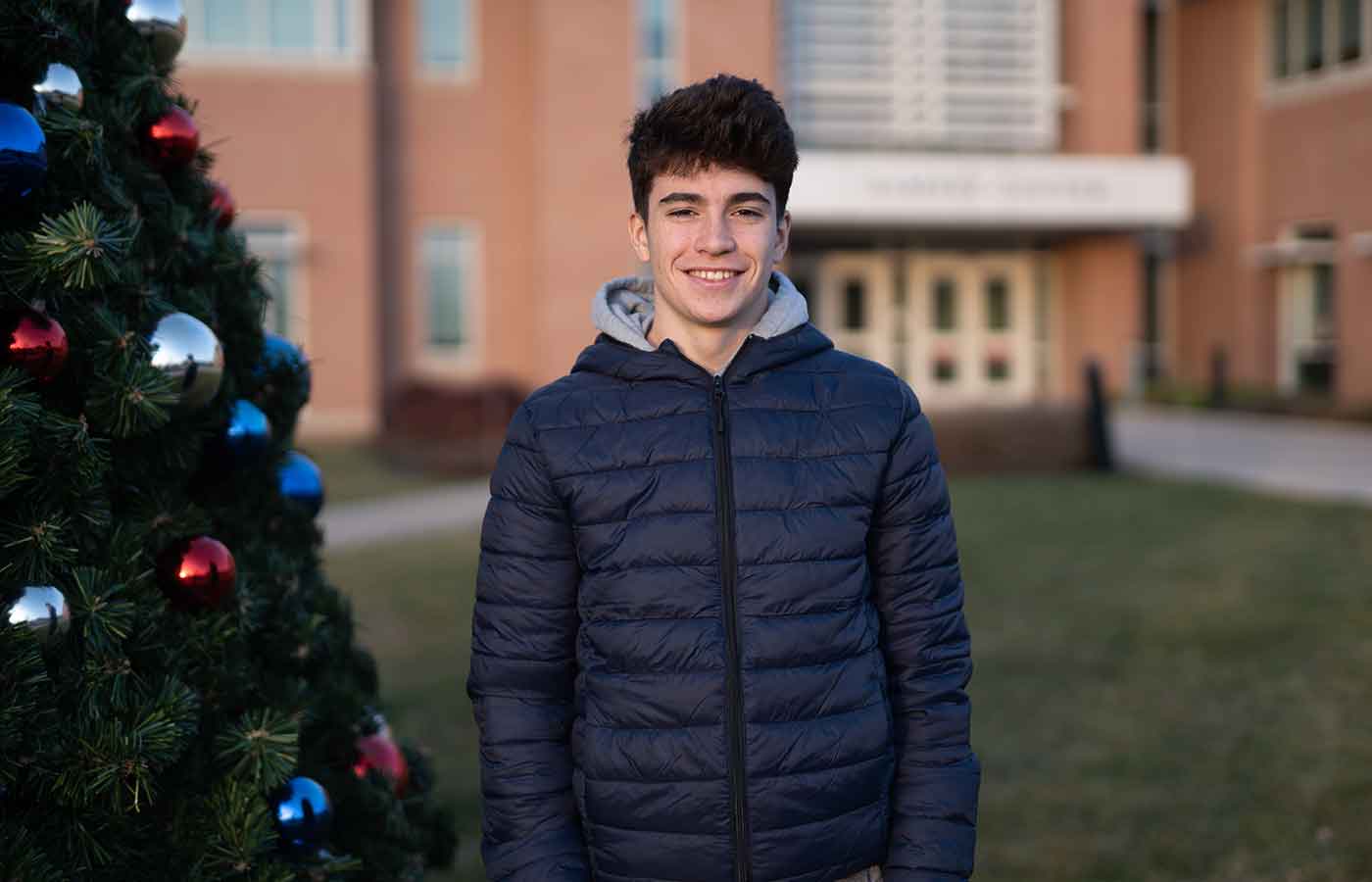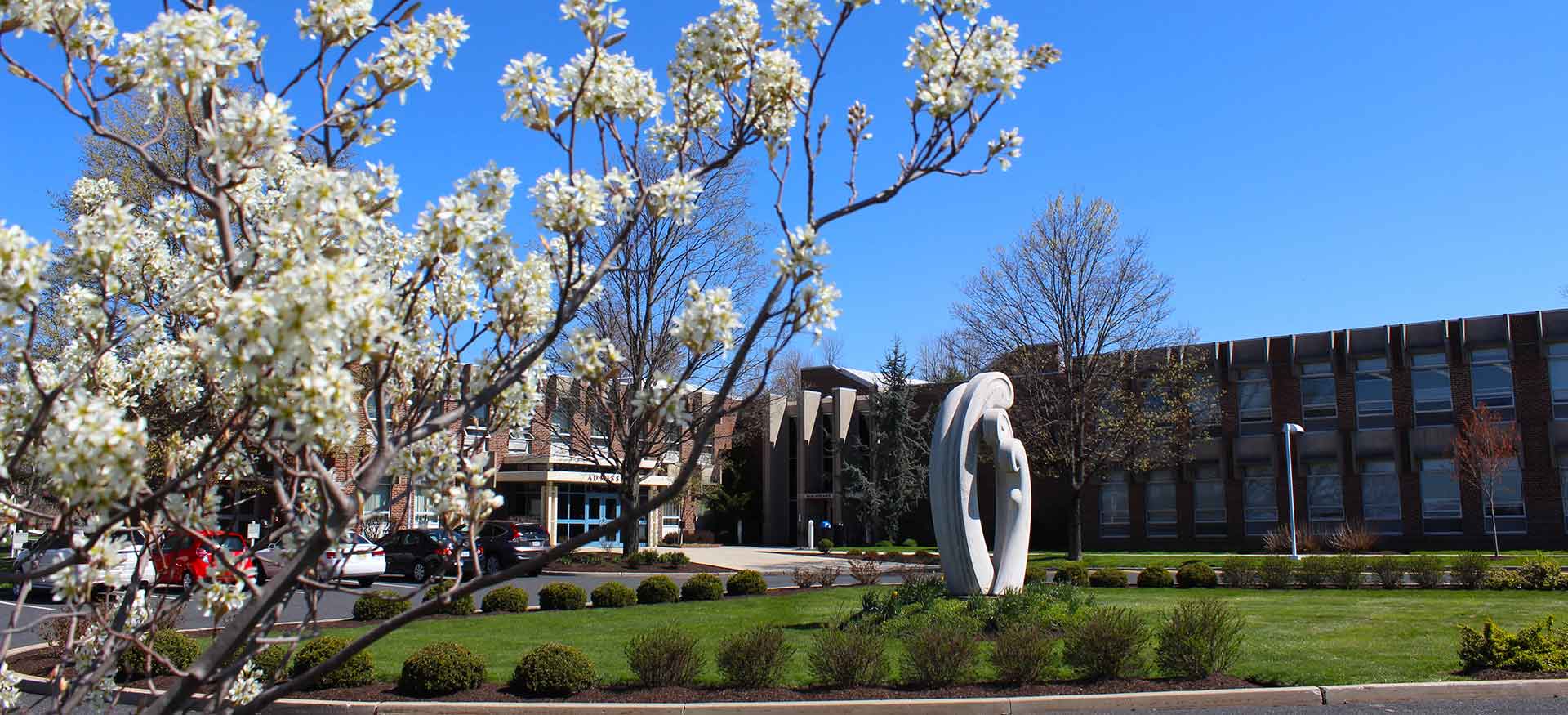The Ultimate Gift: How Luke Schrader ’25 Received a Second Chance at Life

Christmas of 2010 was just like any other for Luke Schrader ’25. It meant having a party with his family on Christmas Eve and Christmas Day. Schrader was healthy, athletic, and passionate about sports. There was no indication that he'd soon be fighting for his life.
“One day I started getting really tired,” says Schrader, a sport management major. “My family took me to the doctor and then the hospital. They didn’t know what was going on at first. They thought I had Tylenol poisoning, but they figured out I had Wilson’s disease.”
According to the Mayo Clinic, Wilson’s disease is a rare genetic disorder that disrupts the body’s ability to excrete copper. When the disease goes undetected, too much copper can build up in the liver, turning an often-treatable disease into a life-threatening condition.
For Schrader, having Wilson’s disease meant that, at just eight years old, he’d need a liver transplant to survive. He was put on an organ donation waitlist and spent nearly two months in the Children’s Hospital of Philadelphia (CHOP) anticipating this life-saving procedure. He describes feeling comfortable and safe while there but knows that the experience was hard on his family.
“My dad would have to work all day and swap with my mom who was with me,” he says. “They would try their best and keep swapping back and forth, plus I have two siblings they had to take care of.”
After receiving the ultimate gift, Schrader and his family became positive forces for change. In addition to setting up a team through Gift of Life’s Donor Dash, a run/walk that supports the organization's mission of advancing organ transplantation and education, they donated sound machines to CHOP. A sound machine helped Schrader sleep while he was there, so he thought they would help other kids feel comfortable.
Schrader’s transplant gave him a second chance at life, and he encourages others to become donors. “It’s the most unselfish thing you could ever do, and it doesn’t affect you at all,” he says. “If you pass away, where is your body going to go? You might as well give your organs to someone who has a fighting chance.”





